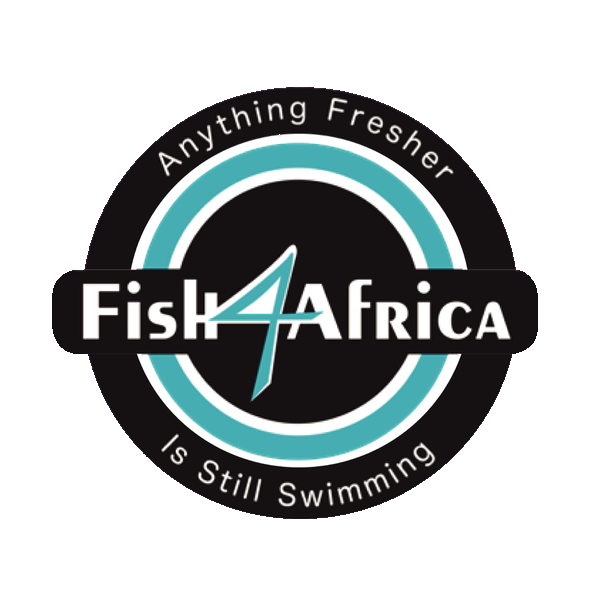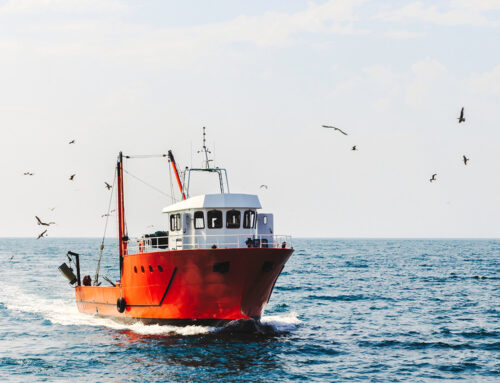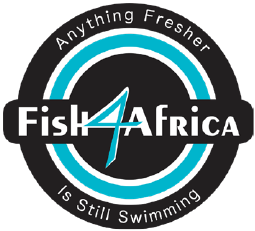In 2012 and 2014, the Department of Mineral Resources granted three prospecting rights for marine phosphate over a considerable portion of South Africa’s marine environment. A prospecting right provides an expectation that mining will be allowed. This poses a looming threat to our marine ecosystem.
What is bulk marine sediment mining?
New methods and technologies have led to exponential increases in the achievable mining rate of the sea floor, resulting in what is termed Trailing Suction Hopper-Dredge (TSDH). This involves dredging and removing sediment on the seafloor at an alarming rate, removing a layer of up to 3 meters deep.
This technology can dredge more than 100 000m² of sediment per day. If mining were to proceed in the areas currently under prospecting rights in South Africa, it would in all likelihood involve such technology.
What are the impacts of bulk marine sediment mining?
Bulk marine sediment mining could impose irreversible impacts on marine ecosystems and fishery resources according to preliminary assessments. These signify the need for longer term investigations, however, several assessments outline numerous negative impacts some of which include:
- Direct destruction of seabed organisms and habitats, the building blocks of marine ecosystems.
- Direct harm to breeding, spawning, feeding and aggregation areas for fish species.
- Reduced light penetration impacting on photosynthesis
- Increased organic fallout causing oxygen depletion and die off
- The release of heavy metals which affects entire marine food webs
- Release of hazardous substances such as radioactive materials, methane and hydrogen sulphide
- Negative impacts on zoo-plankton, a key building block of marine ecosystems
- Poor quality sea water which could hamper the aquaculture industry
Why marine phosphates
Our seabed is rich with phosphorite bearing sediments. Phosphorous is one of the main three macro-nutrients that are essential for plant growth with the majority (88%), being used as fertiliser for agriculture. An argument that is used to justify bulk marine sediment mining is that phosphate is critical for food security and terrestrial phosphate supplies are dwindling while demand is increasing.
Preliminary investigations indicate that this argument is without merit. South Africa doesn’t have a shortage of phosphates and our farming is increasingly criticised for its excessive use of inorganic fertilisers because of the associated long term impacts on soil health. Furthermore, an excess of phosphates causes a multitude of negative environmental impacts when it leaches into streams and rivers.
These include risks to human health and death of marine species and livestock. Viable alternatives exist for ensuring continued phosphate supplies. These include recycling phosphates through or using organic manure and phosphate recovery from sewage treatment facilities.
What is being done in response?
In response to concerns that unsustainable seabed mining will soon be authorised in South Africa, the Centre for Environmental Rights, with its partner WWF-SA, started a project entitled Safeguarding our Seabed.
It includes organisations that represent the interests of commercial and small scale fishing and environmental justice organisations. A key objective of the project is to achieve a moratorium on bulk marine sediment mining in South Africa.
For more info click here, Safeguard our Seabed.








